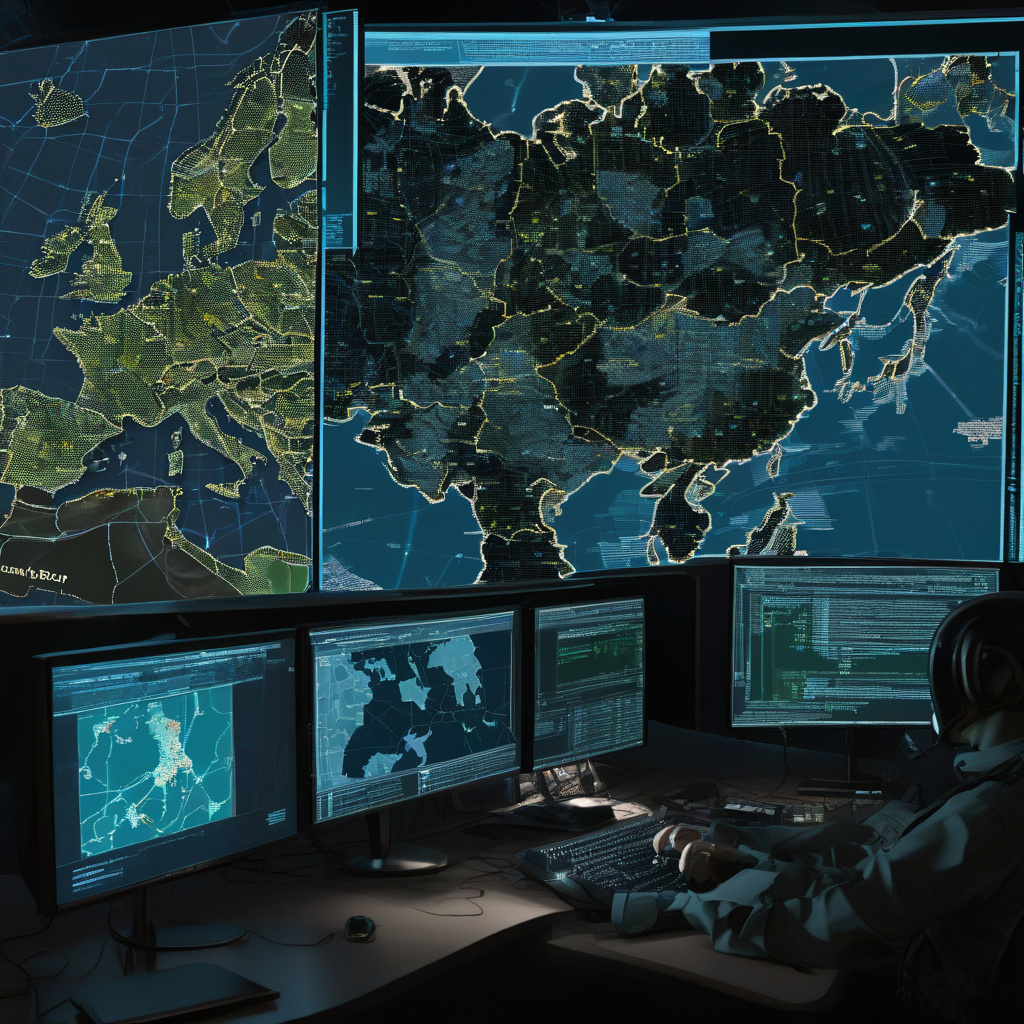Amidst the ongoing geopolitical tensions in Eastern Europe, the digital realm is witnessing a concerning development. The North Korea-linked Konni APT, known for its sophisticated cyber operations, has shifted its focus towards Ukraine. Recent reports reveal a targeted phishing campaign aimed at Ukrainian government entities, signaling a strategic move beyond its usual targets in Russia.
Proofpoint, a prominent enterprise security firm, has shed light on the alarming nature of this campaign. According to their analysis, Konni APT’s primary objective is to gather crucial intelligence regarding the progression of the Russian invasion in Ukraine. This strategic shift underscores the group’s evolving interests and the geopolitical significance of the region.
The escalation of cyber threats in the context of geopolitical events is not unprecedented. Konni APT’s pivot towards Ukraine reflects a broader trend where threat actors leverage international crises to further their malicious agendas. By targeting government entities involved in the conflict, these cyber adversaries aim to exploit vulnerabilities and gather sensitive information to serve their clandestine objectives.
The convergence of cyber warfare and geopolitical tensions poses a significant challenge for cybersecurity professionals and government agencies. As threat actors adapt their tactics to capitalize on global events, defending against such sophisticated attacks becomes paramount. The targeting of Ukraine by Konni APT serves as a stark reminder of the ever-evolving landscape of cyber threats and the need for proactive cybersecurity measures.
In light of these developments, it is imperative for organizations, especially those operating in sensitive sectors, to enhance their cybersecurity posture. Implementing robust security measures, conducting regular threat assessments, and fostering a culture of cyber resilience are essential steps to mitigate the risks posed by advanced threat actors like Konni APT.
As the cyber threat landscape continues to evolve, collaboration between cybersecurity experts, government agencies, and international partners becomes indispensable. By sharing threat intelligence, exchanging best practices, and collectively addressing emerging challenges, the global cybersecurity community can effectively combat sophisticated threat actors and safeguard critical infrastructure.
In conclusion, the recent targeting of Ukraine by the North Korea-linked Konni APT underscores the complex interplay between cyber threats and geopolitical dynamics. By staying vigilant, adopting a proactive cybersecurity stance, and fostering collaboration, organizations can strengthen their defenses against advanced cyber adversaries. As the digital battlefield expands, collective resilience and strategic cooperation are key to mitigating the impact of malicious actors and safeguarding critical assets.

